This Connecticut-based, indirect evidence case study will highlight techniques for researching a woman whose maiden name is known, but her parents are unknown due to deficiencies in the vital records. Techniques will be demonstrated that rely on forming hypotheses and gathering evidence to test those hypotheses. Thorough research of neighbors and associates (the FAN principle) will yield enough evidence to tie this woman back into her family. Records used include pre-1850 census records, deeds, probate, church, and court. Death records of family members provide the final clues that tie them all together.

Already a member? Log in
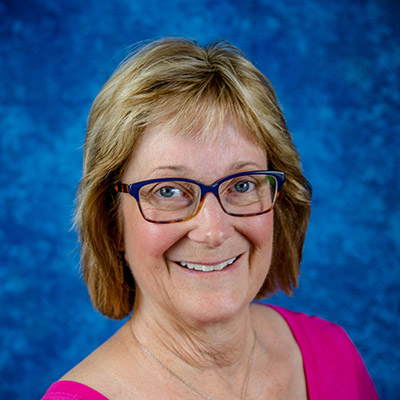
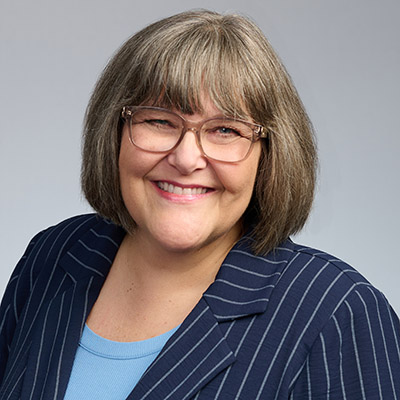



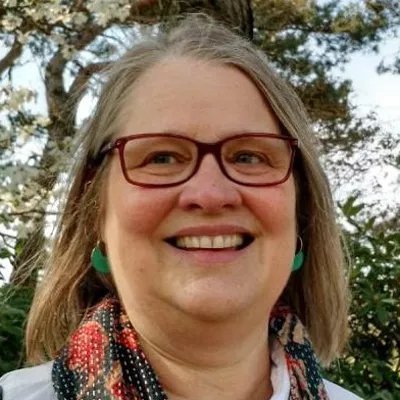

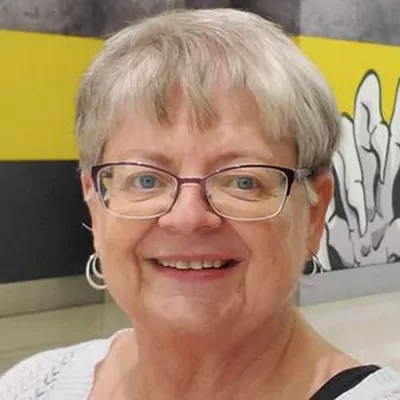
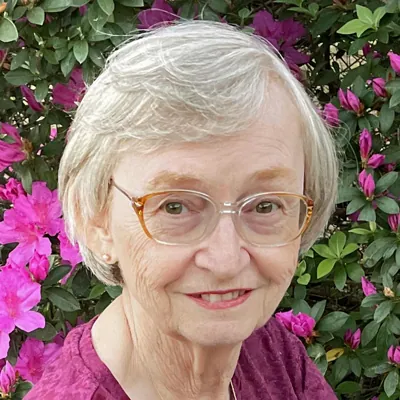
You should receive a confirmation email with a link to the webinar soon.
You’ll also receive a reminder both the day before and one hour before the webinar begins.
Didn’t receive a confirmation email?
You successfully registered for %s.
You should receive a confirmation email with a link to the webinar soon.
You’ll also receive a reminder both the day before and one hour before the webinar begins.
Didn’t receive a confirmation email?
To ensure a smooth, high-quality webinar experience, check the quality of your internet connection.
On the day of the webinar, connect 30–40 minutes before and turn off any background software. If you can’t tune in live, you can view the recording later in the Webinar Library. If joining via a mobile device, be sure to first install the free GoTo app.
Questions? Contact us or read our FAQ.
It looks like you’re already registered for this webinar
You can register for another webinar.
Didn’t receive a confirmation email?
It looks like you’re already registered for these webinars
You can register for another webinar.
Didn’t receive a confirmation email?
Something happened on our end, sorry about that
We were unable to complete your registration.
Please try again later.



 Syllabus
Syllabus

Thank you for an excellent presentation! An excellent example of using the FAN club to make connections that otherwise may be hidden. Solid reasoning, clearly presented, fun to follow along!
Another great webinar on evidence.
I’m wondering if you considered, and ruled out, the possibility that Jones was not her maiden name but her married name from a first marriage? I just stumbled over that sticking point in my research. You would think/hope that if they’re going to put anything other than her name at death on a tombstone that it would be her maiden name, but… we all know situations where that information wasn’t quite right. How many death certificates have we seen where dad’s second wife is listed as someone’s mother? A lot of times the folks writing the certificates (or carving the stones) aren’t familiar with the deceased’s history.
Yes, of course. However two details prevented me from pursuing that red herring:
1) Her marriage record *may have* referred to her as Mrs. Electa Jones.
2) She was obviously capable of bearing children, but had none from any first marriage.
It is always best to pursue the most probably scenario before veering off into the slim possibilities.
Great
Wonderfully clear, concise and with great examples.
Very good presentation. Thank-you!
This case study resonated very much with my own research cunundrums. I enjoyed watching the methods used and the pathways followed after each clue developed. It was really interesting! Thank you!
Phenomenal in and of itself but also a great tool for insights into one’s own research! A webinar worth viewing over and over again!